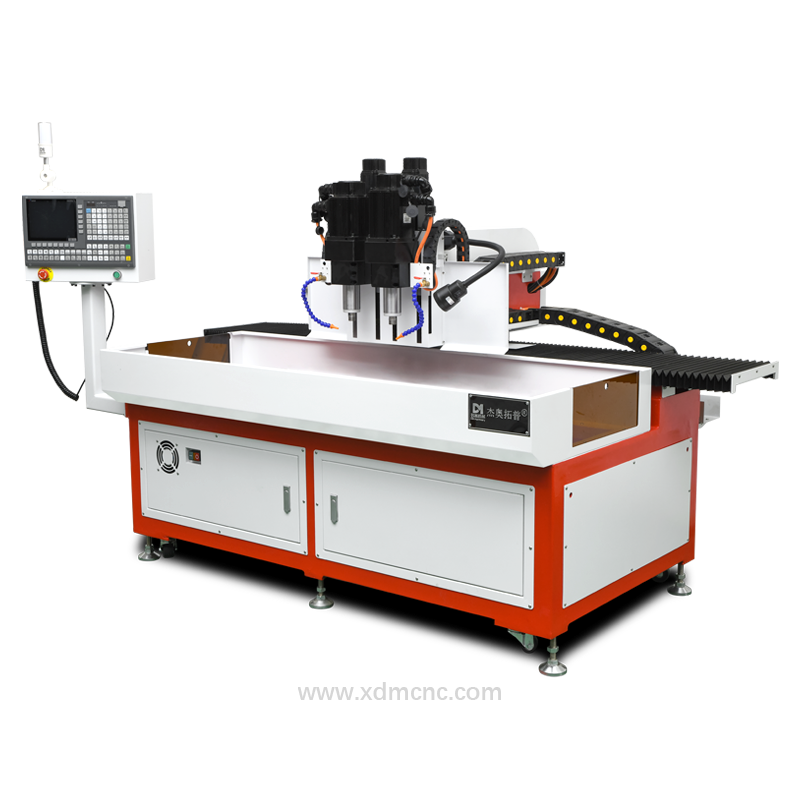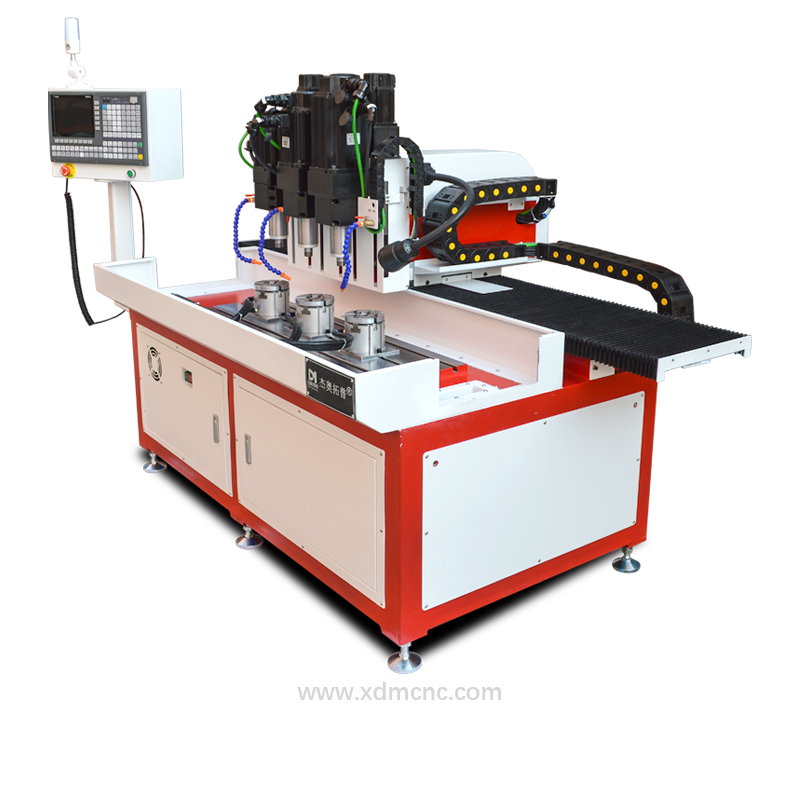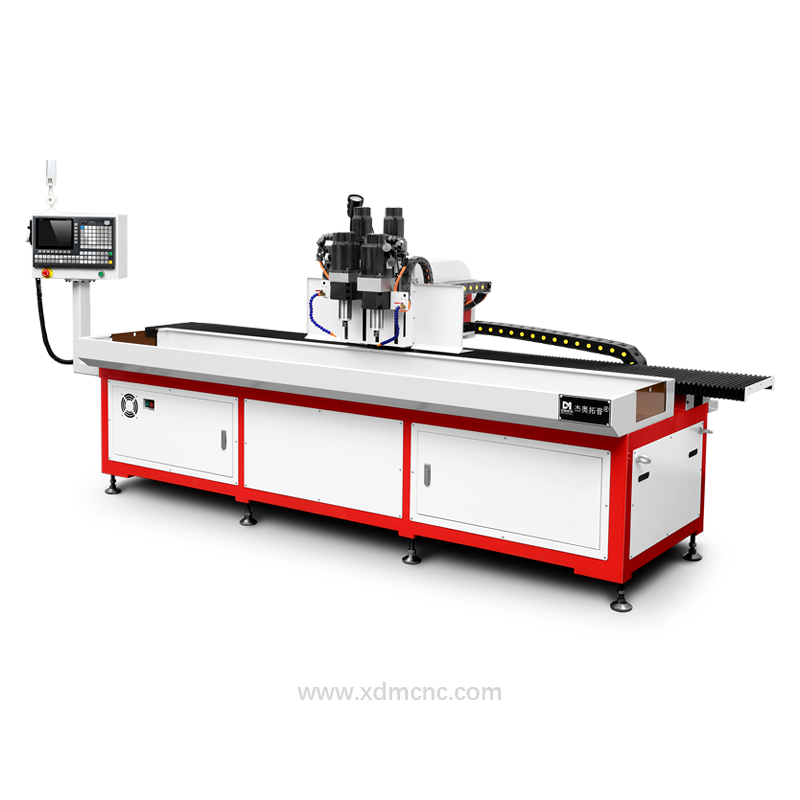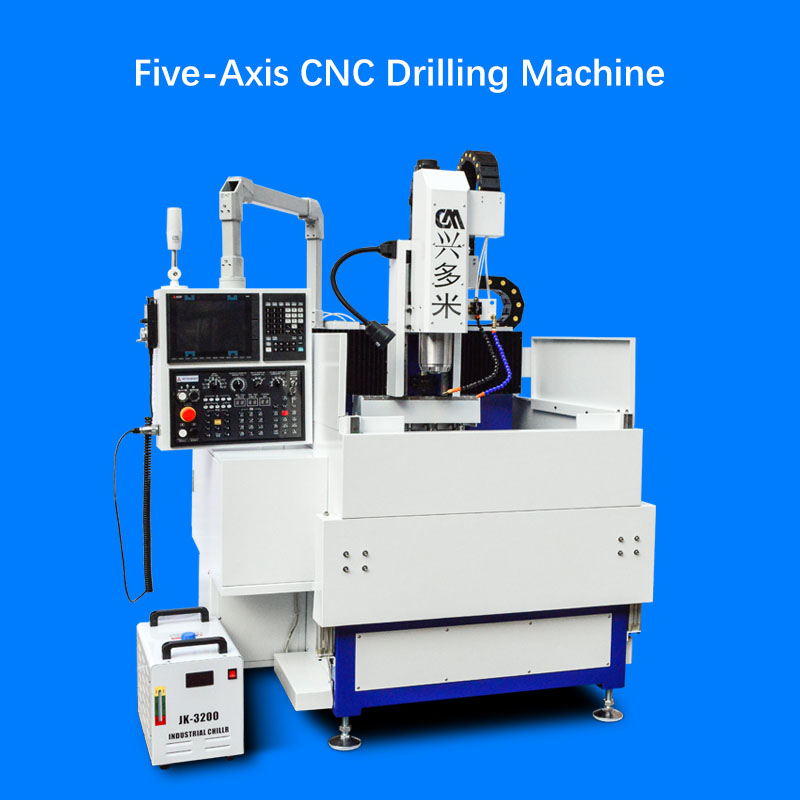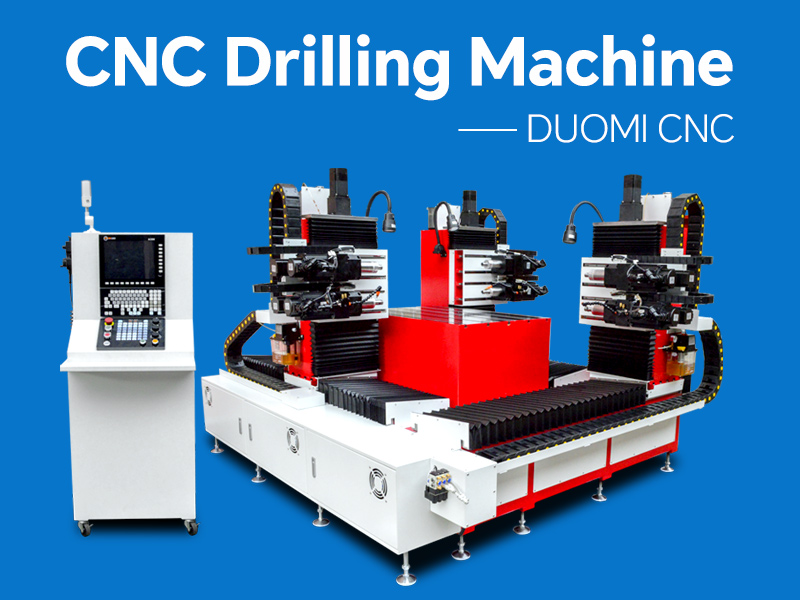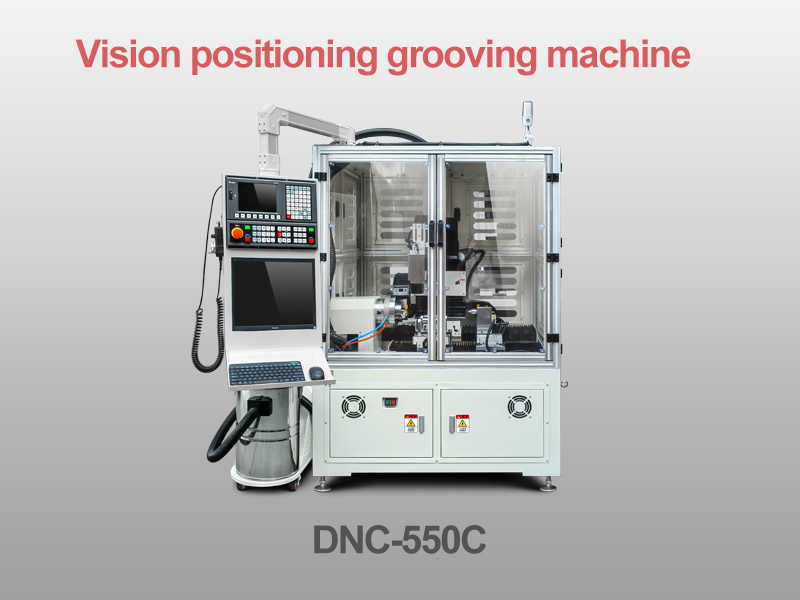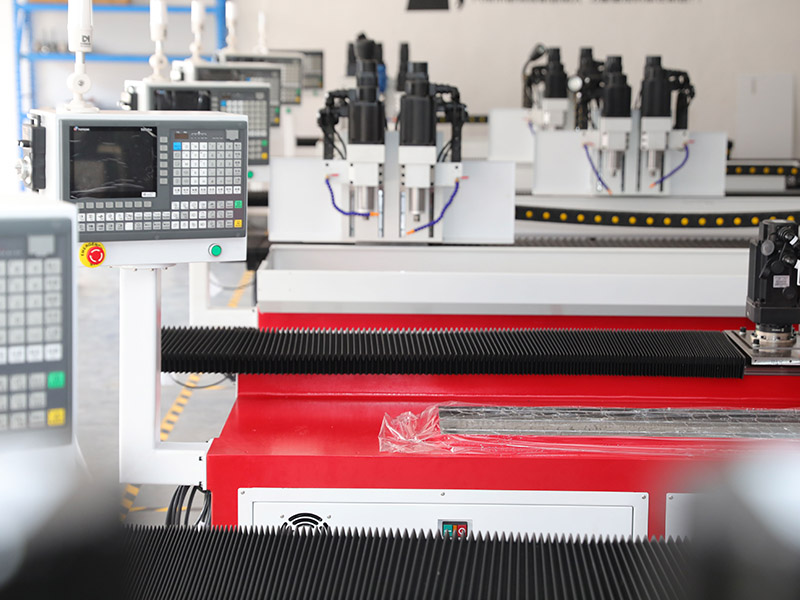Buying a CNC drill tap machine is a meaningful investment. From the perspective of a procurement specialist, we set out ten critical considerations you should evaluate to ensure your purchase delivers long-term value.
1. Drilling & Tapping Capacity
Begin by clarifying the holes and threads you must produce. For example, can the machine drill Ø3 mm to Ø30 mm and thread M3-M18 as some models do?
Make sure your part sizes, hole densities and thread types are covered.
2. Axis Configuration (3, 4, 5 Axis)
As noted in recent guides, whether you choose 3-axis, 4-axis or 5-axis CNC drill tap machine depends on geometry complexity.
For simple plates, 3-axis may suffice; for angled holes or multi-face work, higher axis count may be needed.
3. Rigid Tapping Capability
Is the machine's controller and spindle system able to perform rigid tapping (synchronised feed and spindle)? This is vital for high quality threads. Introducing this feature will reduce tap breakage and improve consistency.
4. Tooling & Automatic Tool Changer
What tooling interface does the machine use? Is there an automatic tool changer to reduce downtime? Tooling cost and support matter. ATC reduces non cut time and improves productivity.
5. Workholding & Automation Integration
Check for pallets, robotic load/unload, hydraulic clamping and perhaps probing systems. A CNC drill tap machine that supports automation will drive long-term savings and flexibility.
6. Work Envelope & Material Compatibility
Ensure the machine fits your largest and heaviest parts, and is compatible with the materials you use (e.g., steel plate, aluminum casting, titanium). One machine supports 2000×1000 mm plates up to 30 mm thickness.
7. Cycle Time & Productivity Metrics
Make sure you understand drill/tap cycle times, rapid traverse speeds, spindle rpm and tool change time. These metrics differentiate performances. As referenced, high-speed spindles and fast traverse matter.
8. Machine Rigidity, Stability & Precision
Machine structure, guideways, spindle stiffness and coolant systems all impact final thread and hole quality. Precision matters when threads must meet tight tolerances.
9. Supplier Support, Training & Documentation
Does the machine supplier provide comprehensive manuals, videos, installation/training? For example, one supplier provides USB drive tutorials plus optional onsite training.
10. Total Cost of Ownership (TCO) & ROI
Beyond purchase cost, consider tooling cost, maintenance, labour savings, scrap reduction, throughput gains and flexibility. The drill/tap machine can reduce cost per part significantly compared to separate drilling and tapping operations.
Closing Thoughts
Selecting the right CNC drill tap machine requires a holistic view. By systematically evaluating these ten considerations, you reduce risk and maximise the value of your investment. Document your requirements, check machine demos, review metrics and ensure supplier credibility. The right machine will serve you for years, delivering high throughput, strong quality and operational flexibility.




